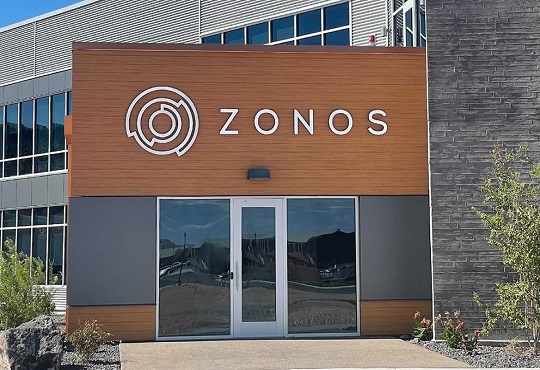Floship Join Hands with Zonos For Cross-border Technologies
CIOTechOutlook Team | Wednesday, 03 May 2023, 03:20 IST
 The most complete ecommerce fulfilment service in the logistics sector will be offered by Floship and Zonos and will include the presentation, payment, and collection of customs and taxes for international e-commerce shipments.
The most complete ecommerce fulfilment service in the logistics sector will be offered by Floship and Zonos and will include the presentation, payment, and collection of customs and taxes for international e-commerce shipments.
The manual processing of duties and taxes, as well as their calculation and collection, is an inescapable aspect of international trade in products. By combining their efforts, Floship and Zonos have created a comprehensive solution that allows online retailers and logistics service providers to significantly minimise rejected or late shipments by automating many of these time-consuming procedures.
Consumers must have complete knowledge of customs and taxes, packages must arrive on time, and foreign DDP must not affect the delivery experience in today's competitive e-commerce fulfilment industry. The two companies, Floship and Zonos, came to the realisation that working together to develop a solution produces a competitive synergy for the e-commerce market and offers a combined value that is unmatched.
A recent study on trade digitization by McKinsey & Company found that by digitising trade documentation—a historically resource- and paper-intensive process—companies may save up to $6.5 billion in direct costs while facilitating $40 billion in global commerce. Additionally, the automation of prepayment and the global standardisation of digital documentation adds a new level of productivity and efficiency to the typically laborious process.
Aditya Halan, Floship's Chief Technology Officer commented, "We're always fine-tuning our technological offering to empower our ecommerce brands to have a competitive edge whilst ensuring that their customers have the most optimal delivery experience possible. By partnering with Zonos, we have effectively digitized traditionally manually intensive and time-consuming processes of the supply chain which has propelled both our organizations forward towards achieving our mutual goal of redefining the traditional linear supply chain."
























































.jpg)
.jpg)








.jpg)

.jpg)

.jpg)
.jpg)



.jpg)


.jpg)





























.jpg)

.jpg)
.jpg)

.jpg)
.jpg)

































.jpg)

.jpg)



















.jpg)
















.jpg)












































































































